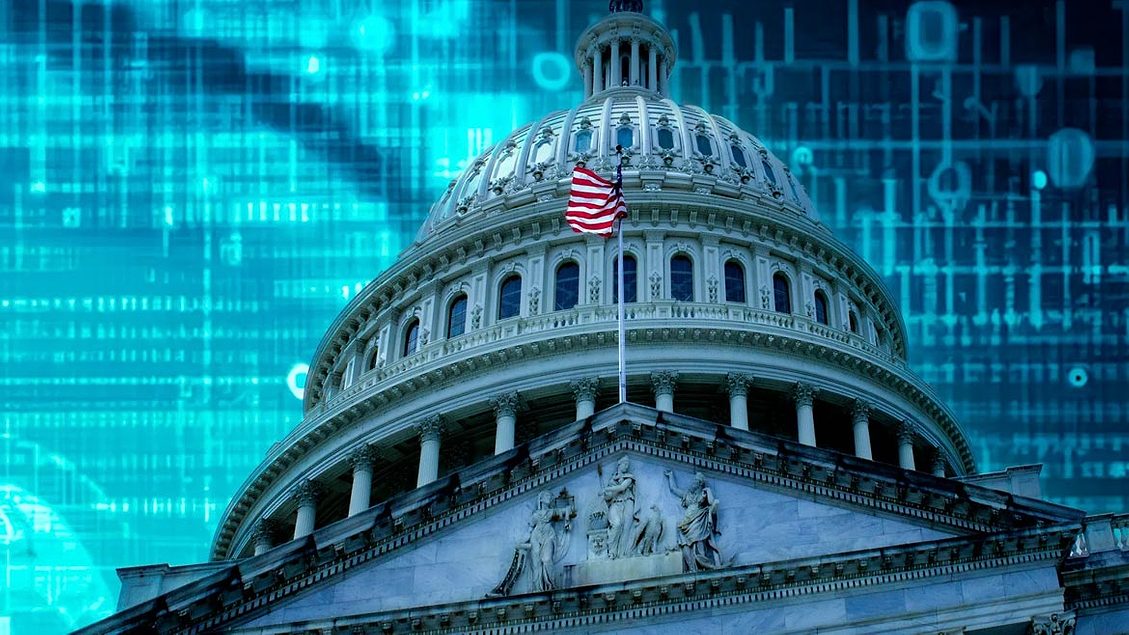
"The escalating and constant digital threats from state-sponsored adversaries like China, Iran, North Korea, and Russia coincide with a fractured global governance and a shifting domestic policy landscape. This moment presents a unique opportunity for the administration to continue to set the tone as a global leader in cyber threat deterrence. Public and private collaboration can help with this effort."
"Criminals have rapidly embraced the digital world, often outpacing authorities who may struggle with limited funding and resources. Their ability to work across jurisdictions and quickly turn challenges to their advantage, as seen in recent geopolitical crises, highlights the need for a strategic shift in focus toward criminal behavior rather than specific types of crime. By taking advantage of private-sector capabilities, national security agencies can access the data and tools to monitor patterns, become more adaptable, and be better equipped to address these evolving threats."
Digital threats from state-sponsored adversaries such as China, Iran, North Korea, and Russia are escalating amid fractured global governance and shifting domestic policy. The administration can assert global leadership in cyber threat deterrence by deepening public-private collaboration. Collaboration can reduce fragmentation across U.S. cybersecurity approaches, help defenders navigate competing regulations, and clarify jurisdictional responsibilities and regulatory priorities. The private sector’s adaptability provides national security agencies with rapid response capabilities, data, and tools while keeping privacy central. Cross-jurisdictional criminal behavior and supply chain vulnerabilities heighten risks to infrastructure and financial stability, making shared methodologies and analytics essential.
Read at Securitymagazine
Unable to calculate read time
Collection
[
|
...
]